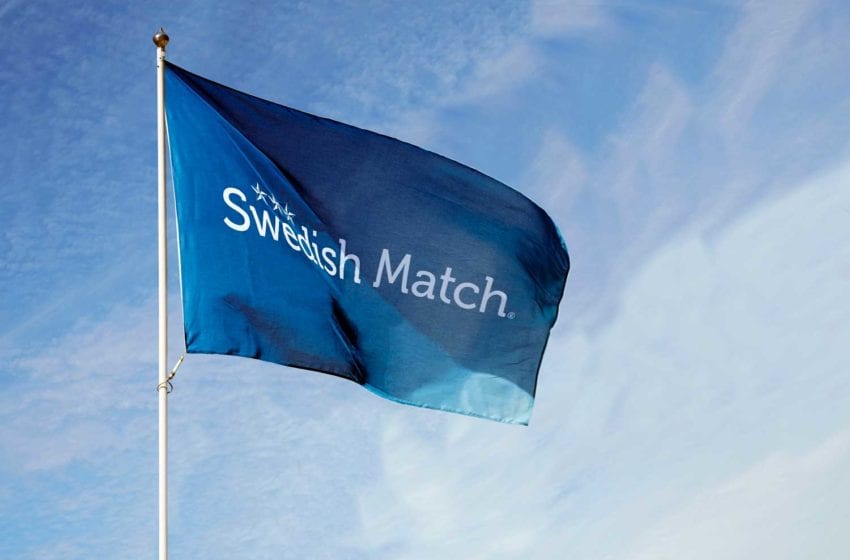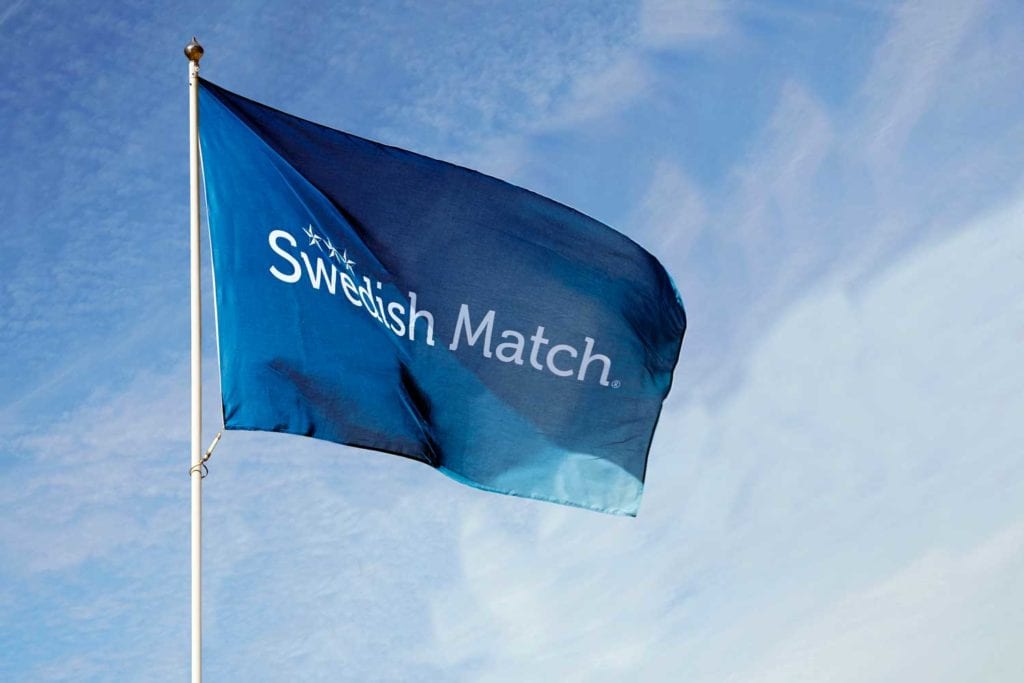
The EU Commission’s spokesperson for tax matters, Daniel Ferrie, said at a press conference on Nov. 28 in Brussels that Sweden has the right to set the tax level on snus.
His comments, reported by Aftonbladet, follow an uproar among Swedish snus lovers after the publication of a leaked document suggesting the EU wants to force Sweden to raise the tax on snus by 200 percent.
The document, which was seen by Aftonbladet, contains proposals for a new excise tax on tobacco.
If applied to Sweden, the price of a can of portioned snus would have increased by approximately SEK34 ($3.26). The price of a can of loose snus would have increased by approximately SEK62 compared to today. A can of General loose snus would cost over SEK120 under the proposal.
Reminding his audience that Sweden is exempted from the EU snus ban, Ferrie said the bill under discussion would not change Sweden’s status. “Sweden will retain its full freedom to set tax regimes and excise taxes for snus,” he said.



















